DAMASCUS, Dec 22, (V7N) - Two weeks after a sweeping offensive toppled the Assad regime, Syria’s new leader Ahmed al-Sharaa, also known as Abu Mohammed al-Jolani, is making waves across the region with a series of high-profile diplomatic engagements. Sharaa, heading the Islamist group Hayat Tahrir al-Sham (HTS), now faces the monumental task of stabilizing a fractured Syria while navigating delicate relationships with neighboring countries.
In his latest move, Sharaa met with Turkish Foreign Minister Hakan Fidan, signaling Turkey’s strong support for the new Syrian leadership. This comes as no surprise, given Turkey’s backing of rebel forces during the conflict. The details of their discussion remain under wraps, but Turkey’s rapid engagement reflects a strategic alignment with Sharaa’s administration.
Meanwhile, Saudi Arabia is also making overtures to Syria's new government. Having long supported opposition forces during Syria’s civil war, Riyadh’s pivot highlights a regional recalibration. Syria’s ambassador in Riyadh confirmed that a Saudi delegation is expected to visit Damascus soon, marking a significant diplomatic shift.
In a symbolic gesture of reconciliation, Sharaa hosted Lebanese Druze leaders Walid and Taymur Jumblatt in Damascus. Promising to avoid "negative interference" in Lebanon—a marked departure from decades of Syrian policy—Sharaa emphasized respect for Lebanon’s sovereignty and stability. This meeting underscores an effort to rebuild trust after Syria’s historically fraught involvement in Lebanese affairs.
Sharaa’s rise has not been without controversy. As the leader of HTS, a group labeled a terrorist organization by the U.S. and other nations, his government faces widespread scrutiny. However, HTS has sought to temper its hardline rhetoric, an apparent effort to gain international legitimacy. Even so, concerns over the future of Syria’s minorities and the broader implications of Islamist rule remain high.
Global powers, including the U.S. and EU, are engaging cautiously, urging the new regime to safeguard human rights and combat extremism. Iran, a staunch ally of Assad’s former government, has voiced guarded optimism. Supreme Leader Ayatollah Ali Khamenei predicted a resilient Syria under its youth, though he denied any reliance on regional proxy forces like Hezbollah.
With Syria at a crossroads, the region watches closely. Can Ahmed al-Sharaa balance his Islamist roots with the demands of a diverse nation and wary international community? The stakes couldn’t be higher.
END/WD/RH/



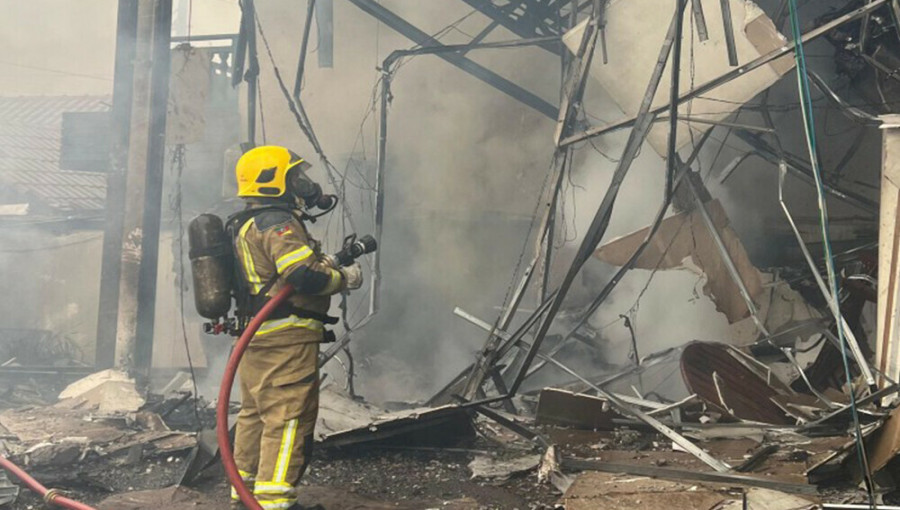
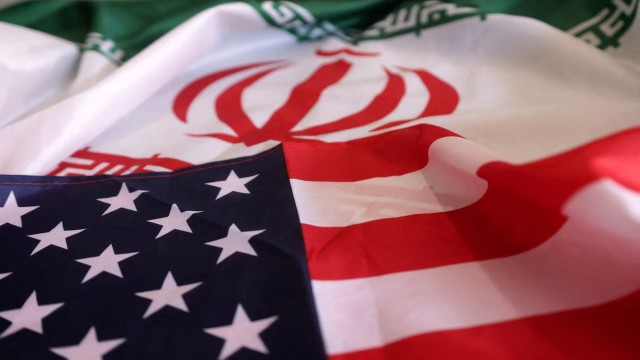
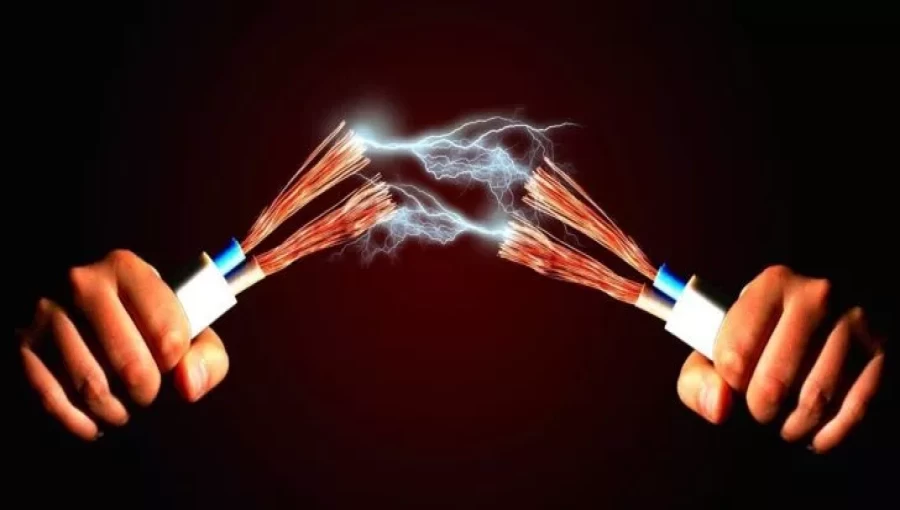
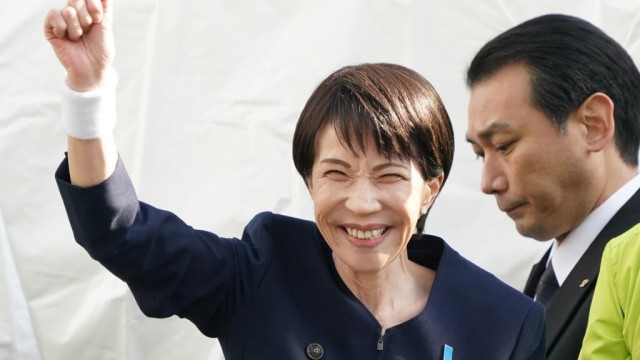
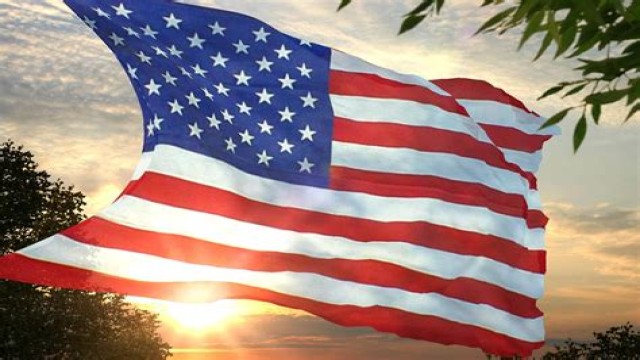

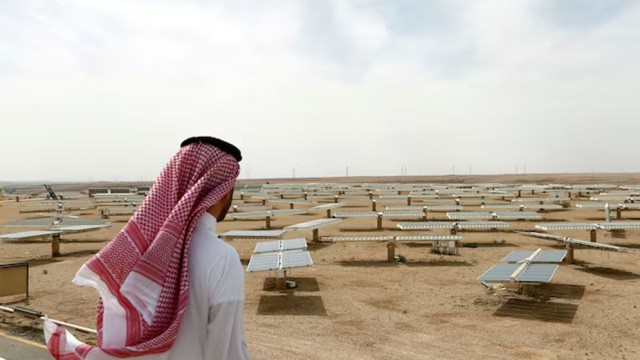



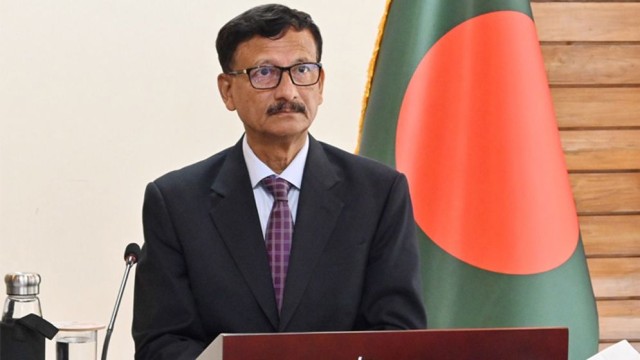
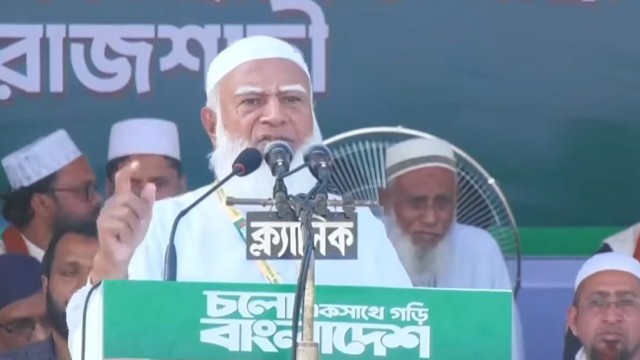
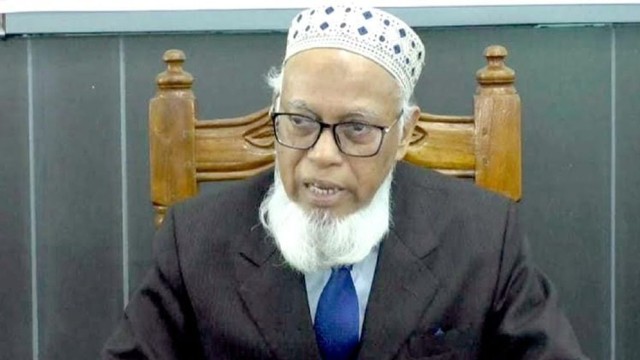
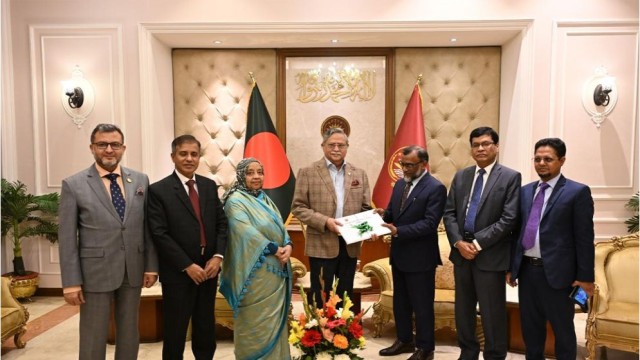

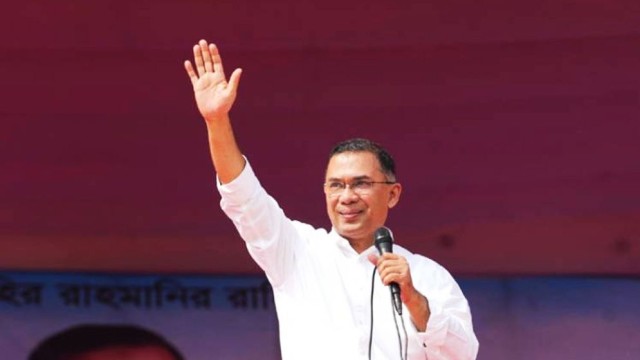
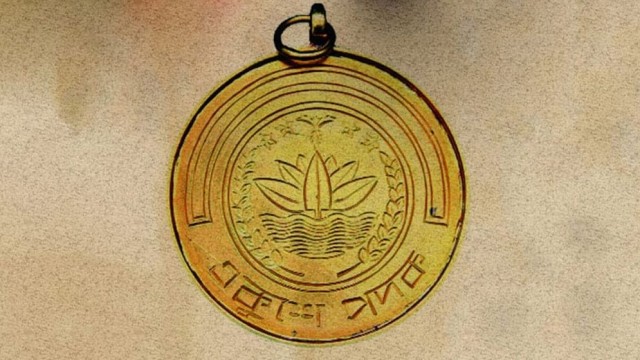











Comment: